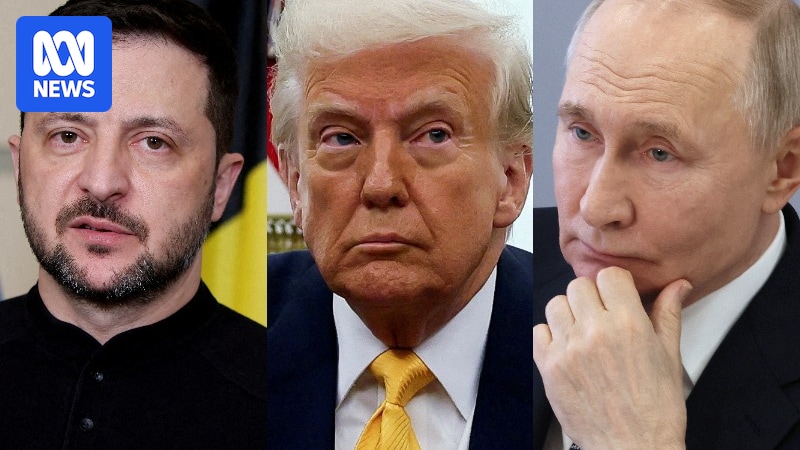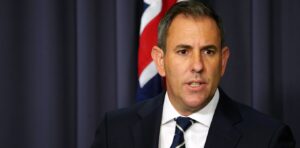
The United States has intensified its economic pressure on Russia by imposing sanctions on two of the nation’s largest oil companies, citing Russia’s insufficient efforts to end the ongoing conflict in Ukraine. This decision was announced shortly after a planned summit between US President Donald Trump and Russian President Vladimir Putin was abruptly canceled.
President Trump explained the cancellation, stating, “it didn’t feel right to me.” This move signifies a significant shift in the White House’s approach, as it now leans towards applying more pressure on Moscow to secure peace. Just a week prior, President Trump appeared hesitant to implement new measures targeting Russia.
Following the announcement, oil prices surged, with prices rising by more than $2 per barrel. Despite the sanctions, US Secretary of State Marco Rubio expressed a continued desire for dialogue with Russia, indicating that the door for diplomacy remains open.
Intensifying Conflict and Humanitarian Impact
As diplomatic efforts stall, the situation on the ground in Ukraine remains dire. Ukrainian President Volodymyr Zelenskyy described President Trump’s suggestion for both sides to halt at the current front lines as “a good compromise,” but expressed skepticism about Putin’s willingness to agree.
Recent days have seen a dramatic escalation in hostilities, with heavy overnight missile attacks exchanged between Russia and Ukraine. Russian drone strikes have resulted in the deaths of six individuals, including two children, and have damaged several residential structures, including a kindergarten, according to Tymur Tkachenko, head of Kyiv’s military administration.
Stalled Peace Efforts and Strategic Maneuvers
For months, President Trump has resisted calls from US lawmakers to impose energy sanctions, hoping for a diplomatic resolution. However, he remains reluctant to supply Ukraine with long-range Tomahawk missiles, citing the time required for Ukrainian forces to learn their operation.
In a meeting with NATO Secretary General Mark Rutte, President Trump emphasized the need for strategic patience, while also urging Chinese President Xi Jinping to leverage his influence over Putin to help end the conflict. The strategic alliance between Russia and China adds a complex layer to the geopolitical dynamics at play.
Meanwhile, Russia has showcased its military capabilities, releasing a video of General Valery Gerasimov reporting to President Putin on recent drills involving intercontinental ballistic missiles. This demonstration serves as a stark reminder of Russia’s nuclear potential, a tactic Putin has employed at critical junctures in the conflict.
International Reactions and Sanctions
As tensions escalate, NATO has conducted nuclear deterrence exercises, and the European Union has approved its 19th package of sanctions against Russia. These measures include a ban on Russian liquefied natural gas imports, reflecting Europe’s commitment to supporting Ukraine’s defense efforts.
Sweden has also taken steps to bolster Ukraine’s military capabilities by signing a letter of intent to export Gripen fighter jets. This move underscores the growing international support for Ukraine amid the ongoing conflict.
The collapse of the planned summit between the US and Russia followed Russia’s reiteration of its terms for a peace agreement, demanding Ukraine cede control of the southeastern Donbas region. This stance effectively rejects President Trump’s earlier suggestion for both sides to halt at their current positions.
Russian Deputy Foreign Minister Sergei Ryabkov, quoted by state news agency RIA, stated that Moscow’s position remains unchanged, highlighting the persistent challenges to achieving a diplomatic resolution.
As the situation continues to evolve, the international community remains watchful, with many hoping for a peaceful resolution to the conflict that has claimed countless lives and disrupted global stability.







